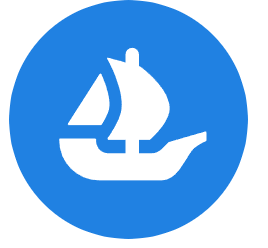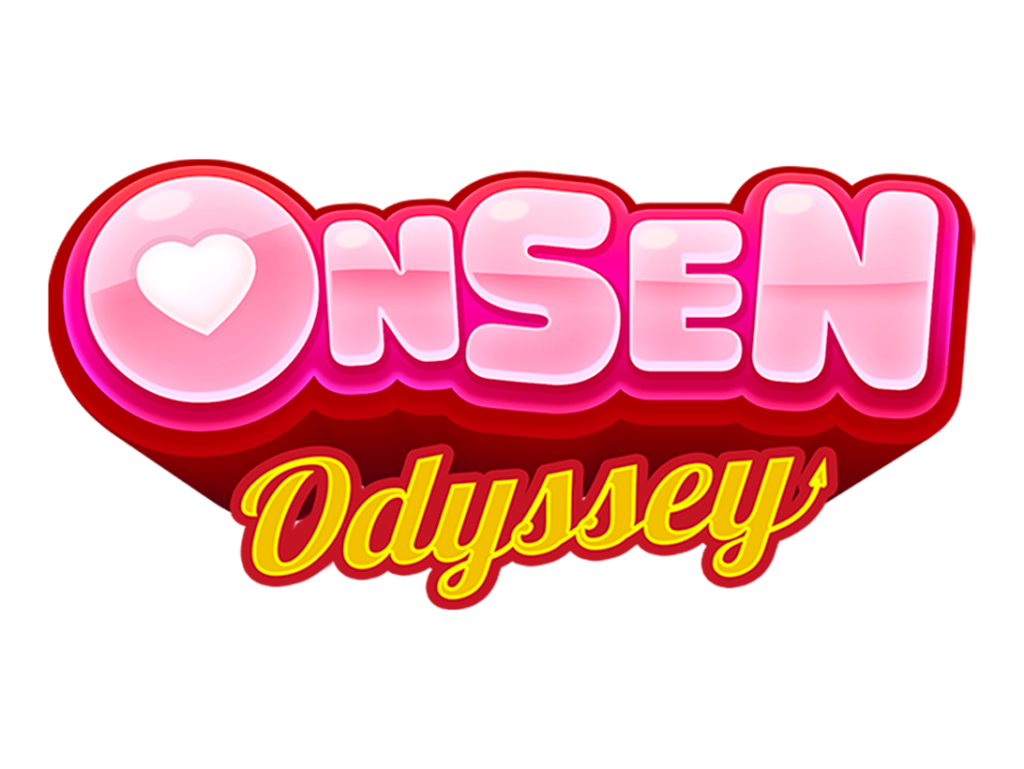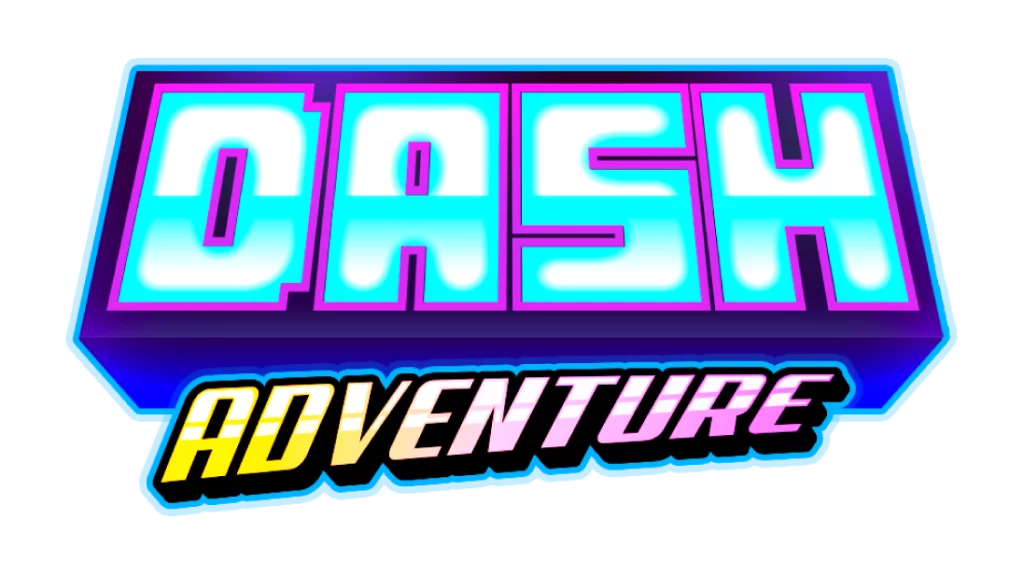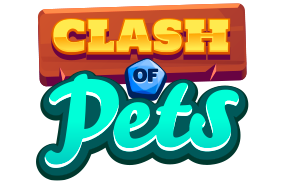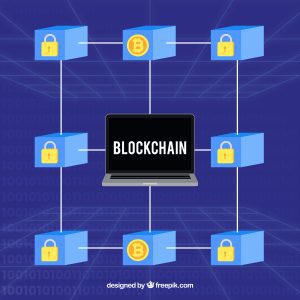Welcome, fellow gamers and play-to-earn enthusiasts! If you’ve been hearing a lot about NFTs lately and want to dive into the world of digital art and collectibles, look no further than OpenSea. As the world’s largest NFT marketplace, OpenSea has made a splash in the crypto scene by providing a platform for users to buy, sell, and trade unique digital assets. In this comprehensive guide, we’ll explore the ins and outs of OpenSea, from its humble beginnings to its rapid rise as the go-to destination for NFT lovers. So, buckle up and get ready for an exciting journey into the deep blue sea of non-fungible tokens!
History and Growth of OpenSea
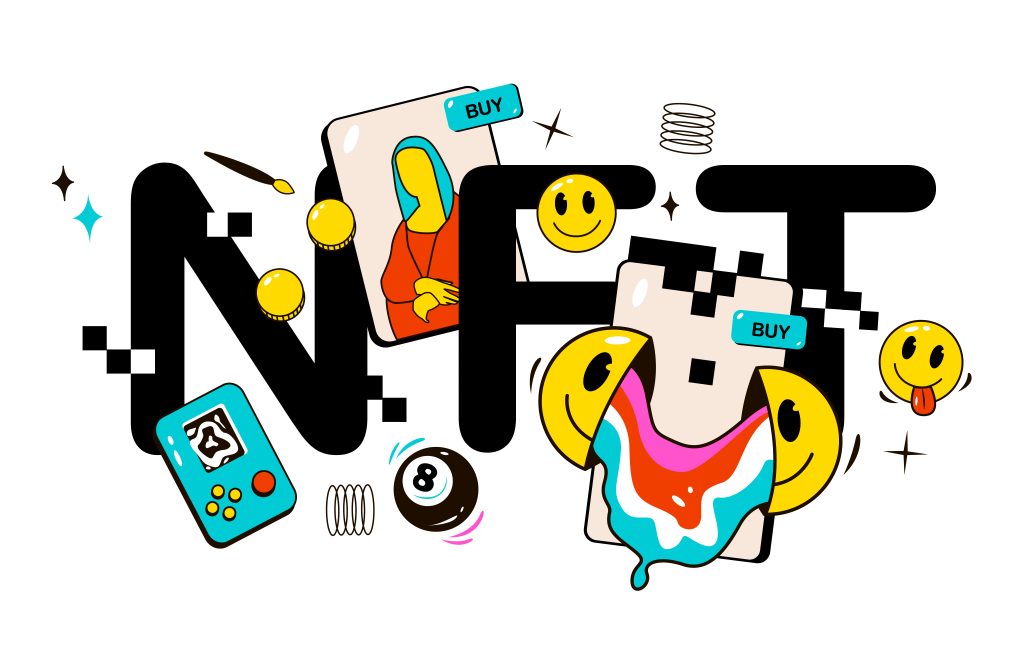

Let’s actively journey down memory lane to see how OpenSea first set sail. Alex Atallah and Devin Finzer founded OpenSea in 2017, creating it with a vision to provide a decentralized marketplace for trading digital goods. OpenSea’s early days focused on CryptoKitties and other collectibles, but the platform expanded as the NFT space grew.
A combination of factors contributes to OpenSea’s rapid growth, including the surge in NFT popularity, the growing interest in digital art, and the integration of blockchain technology into the gaming world. OpenSea, on a mission to make NFTs accessible and enjoyable for everyone, continuously evolves by adding new features and expanding its range of supported assets.
In recent years, OpenSea has experienced exponential growth in both user base and transaction volume. Celebrities, artists, and major brands have all embraced the platform, bringing NFTs into the mainstream and attracting millions of users worldwide. As a result, OpenSea has become the premier destination for NFT trading, boasting a vast collection of digital art, virtual real estate, game items, and more.
The platform’s success has also caught the attention of investors, with OpenSea raising over $100 million in funding to date, and reaching a valuation of $1.5 billion in 2021. These investments have allowed the company to scale its operations, improve its infrastructure, and expand its global reach, solidifying OpenSea’s position as the leading NFT marketplace.
Understanding OpenSea’s Platform
Dive into OpenSea’s user-friendly platform, and you’ll quickly discover its treasure trove of features and functionalities. Designed with both seasoned NFT enthusiasts and newcomers in mind, OpenSea has created a seamless and intuitive experience for browsing, buying, selling, and trading digital assets.
One of the platform’s standout features is its robust search functionality, which allows users to easily filter and sort through the vast ocean of NFTs. With options to search by category, collection, or specific attributes, finding the perfect digital gem has never been easier.
OpenSea also offers a comprehensive overview of each NFT, including its history, rarity, and ownership details. This transparency enables users to make informed decisions about the value and authenticity of the items they’re interested in acquiring.
In addition to its powerful search capabilities, OpenSea has also made the process of buying, selling, and trading NFTs a breeze. Users can place bids on items, make offers, or list their own NFTs for sale using a simple and straightforward interface. With support for various cryptocurrencies, including Ethereum and ERC-721 tokens, OpenSea is truly a one-stop-shop for all your NFT needs.
How to Use OpenSea
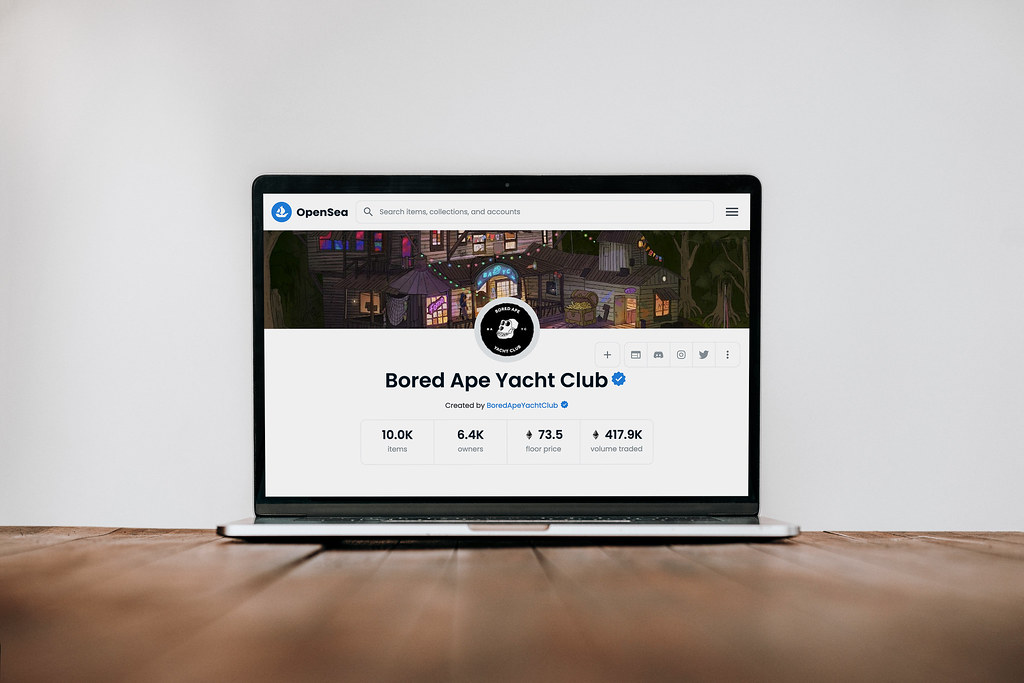

Ready to dive into the world of NFTs on OpenSea? Here’s a step-by-step guide to help you navigate the platform like a pro.
- Create an account: To get started, head over to opensea.io and click on the “Sign in” button at the top right corner. You’ll be prompted to create an account using your email address or social media login.
- Connect a crypto wallet: To participate in the NFT market, you’ll need a crypto wallet. OpenSea supports several popular wallets, such as MetaMask, Coinbase Wallet, and Fortmatic. Simply click on the wallet icon in the top right corner of the homepage, and follow the instructions to connect your preferred wallet.
- Browse the marketplace: Now that your wallet is connected, it’s time to explore! Use the search bar and filters to find the perfect NFT for your collection. When you find an item you’re interested in, click on it to view more details and make a purchase or place a bid.
- Buy, sell, or trade NFTs: To buy an NFT, simply click the “Buy Now” button and confirm the transaction in your wallet. To sell an NFT you own, navigate to the item’s page and click “Sell” to set your price and list it on the marketplace. Trading NFTs is also easy; just find the item you want to trade and click “Trade” to initiate a swap with another user.
- Manage your assets: Keep track of your growing NFT collection by visiting the “My Assets” page, accessible from the top menu. Here, you can view, manage, and sell your NFTs with ease.
With these simple steps, you’re well on your way to mastering the OpenSea platform and embarking on your own NFT adventure. Happy trading!
Supported Crypto Wallets and Their Importance
As you navigate the OpenSea marketplace, it’s essential to understand the crucial role that crypto wallets play in your NFT journey. These digital wallets store your cryptocurrencies and NFTs, allowing you to buy, sell, and trade on the platform securely. OpenSea supports a variety of popular wallets, ensuring a smooth and seamless experience for users.
Some of the most widely used wallets compatible with OpenSea include:
- MetaMask: A popular browser extension for Google Chrome, Firefox, and Brave, MetaMask enables users to store and manage Ethereum-based tokens and NFTs with ease.
- Coinbase Wallet: Developed by the well-known cryptocurrency exchange, Coinbase Wallet supports multiple cryptocurrencies, including Ethereum, and offers a user-friendly mobile app for iOS and Android devices.
- Fortmatic: A wallet solution for both web and mobile applications, Fortmatic enables users to manage Ethereum-based assets without requiring a browser extension.
The importance of choosing the right wallet for your needs cannot be overstated. A compatible and secure wallet ensures a smooth experience on the platform and safeguards your valuable digital assets. Make sure to research and select a wallet that best suits your preferences and requirements.
OpenSea for Creators
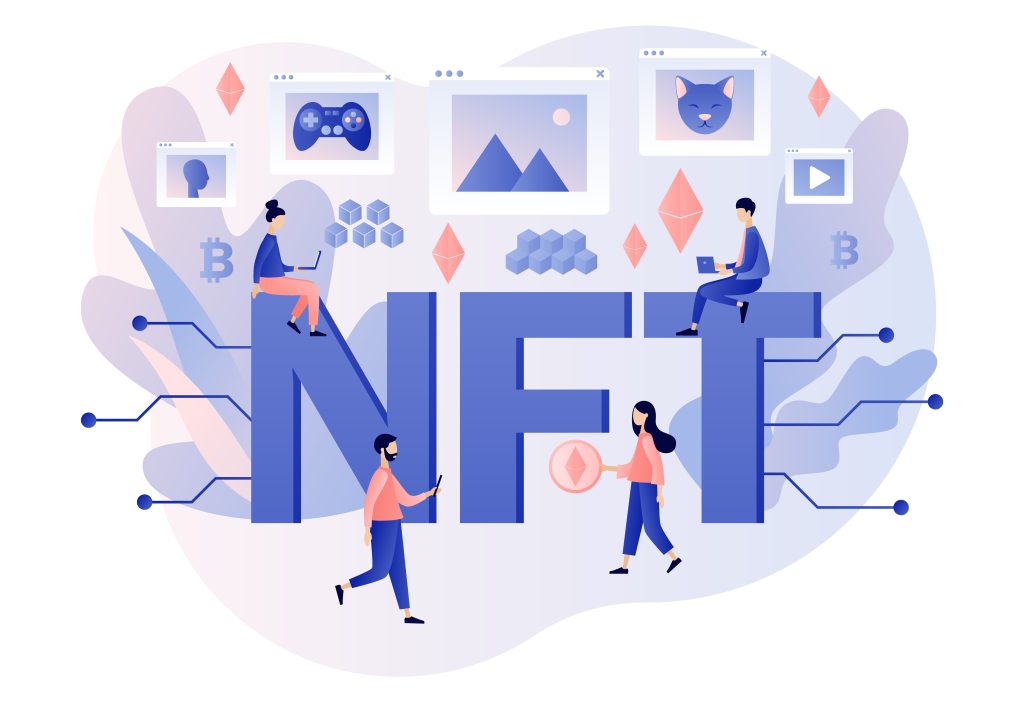

OpenSea isn’t just a marketplace for buying, selling, and trading NFTs—it’s also a powerful platform for creators looking to showcase their work and tap into the thriving world of digital art and collectibles. With OpenSea, artists can mint their own NFTs, sell their creations, and even earn royalties on future sales.
Here’s how OpenSea empowers creators:
- Minting NFTs: OpenSea makes it easy for artists to create and mint their own NFTs. By uploading their digital creations and assigning unique attributes, artists can transform their work into one-of-a-kind digital assets, ready for the marketplace.
- Global audience: OpenSea’s vast user base offers artists the opportunity to reach a global audience, increasing the visibility of their work and expanding their collector base.
- Royalty management: Thanks to smart contracts, creators can automatically receive royalties from secondary sales of their NFTs. This ensures that artists continue to benefit from their work, even after the initial sale.
By offering a comprehensive and user-friendly platform, OpenSea has opened up a world of possibilities for artists and creators. Whether you’re an established digital artist or just starting your creative journey, OpenSea provides the tools and resources needed to thrive in the NFT space.
Safety and Security on OpenSea
In the ever-evolving world of NFTs, ensuring the safety and security of your digital assets is paramount. OpenSea takes various measures to protect its users and their precious NFTs, giving you the confidence to explore and trade on the platform.
Some of the key security features and practices employed by OpenSea include:
- User authentication: OpenSea requires users to authenticate their accounts by connecting their compatible crypto wallets. This adds an extra layer of security, as transactions are only authorized through your secure wallet.
- Smart contract audits: OpenSea conducts regular audits of its smart contracts to ensure their integrity and robustness, minimizing the risk of vulnerabilities and exploits.
- Monitoring for fraudulent activity: OpenSea employs sophisticated algorithms to detect and prevent fraudulent activity on the platform, safeguarding users from scams and counterfeit NFTs.
In addition to OpenSea’s security measures, users can take steps to protect themselves, such as:
- Using strong, unique passwords for their crypto wallets
- Enabling two-factor authentication (2FA) wherever possible
- Staying vigilant and verifying the authenticity of NFTs before purchasing
By combining OpenSea’s security features with your own best practices, you can confidently and safely navigate the NFT marketplace.
The Future of OpenSea and NFT Marketplaces
As NFTs continue to grow in popularity, platforms like OpenSea actively assume an increasingly significant role in the digital art and collectibles landscape. With new artists, collectors, and traders joining the platform every day, OpenSea and the broader NFT marketplace ecosystem have a bright future ahead.
In the coming years, we can expect to see:
- Greater adoption: As more people become aware of NFTs and their potential, platforms like OpenSea will experience increased user adoption and higher trading volumes.
- Cross-chain integration: OpenSea and other NFT marketplaces will likely expand support for multiple blockchains, allowing for seamless trading of NFTs across different networks.
- Enhanced user experience: Marketplaces will continue to refine and improve their user interfaces, making it easier for both new and experienced users to buy, sell, and trade NFTs.
Despite the promising outlook, challenges such as regulatory uncertainties and the need for greater education around NFTs lie ahead. However, platforms like OpenSea actively position themselves to address these challenges and drive the growth of the NFT ecosystem.
Looking to the future, the potential of OpenSea and NFT marketplaces to transform the world of digital art and collectibles is clear. OpenSea, equipped with innovative features, robust security measures, and a commitment to supporting creators and collectors alike, stands ready to lead the charge in the ever-evolving world of NFTs.

